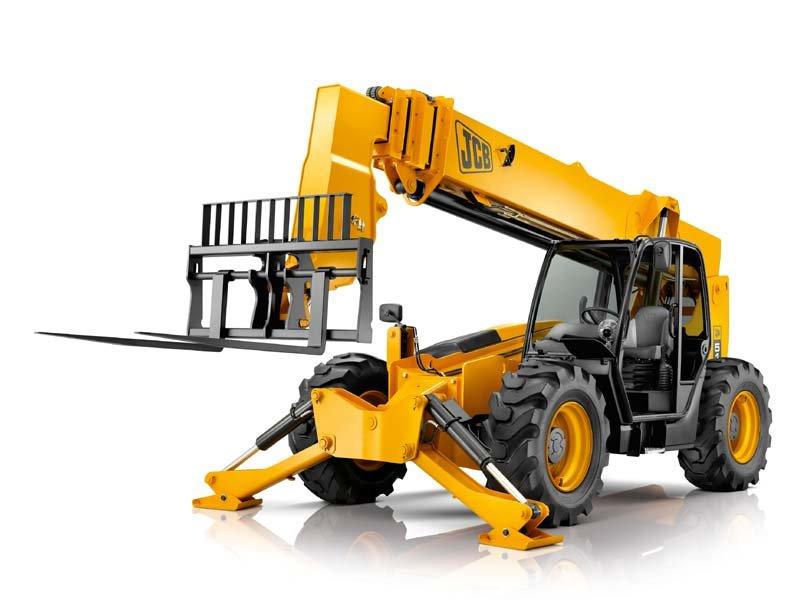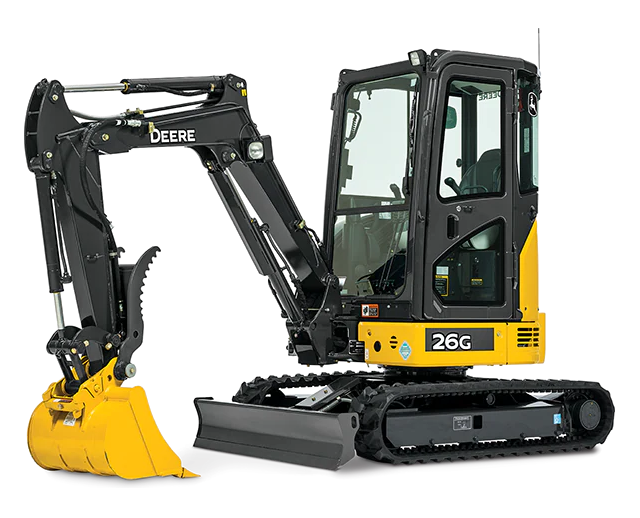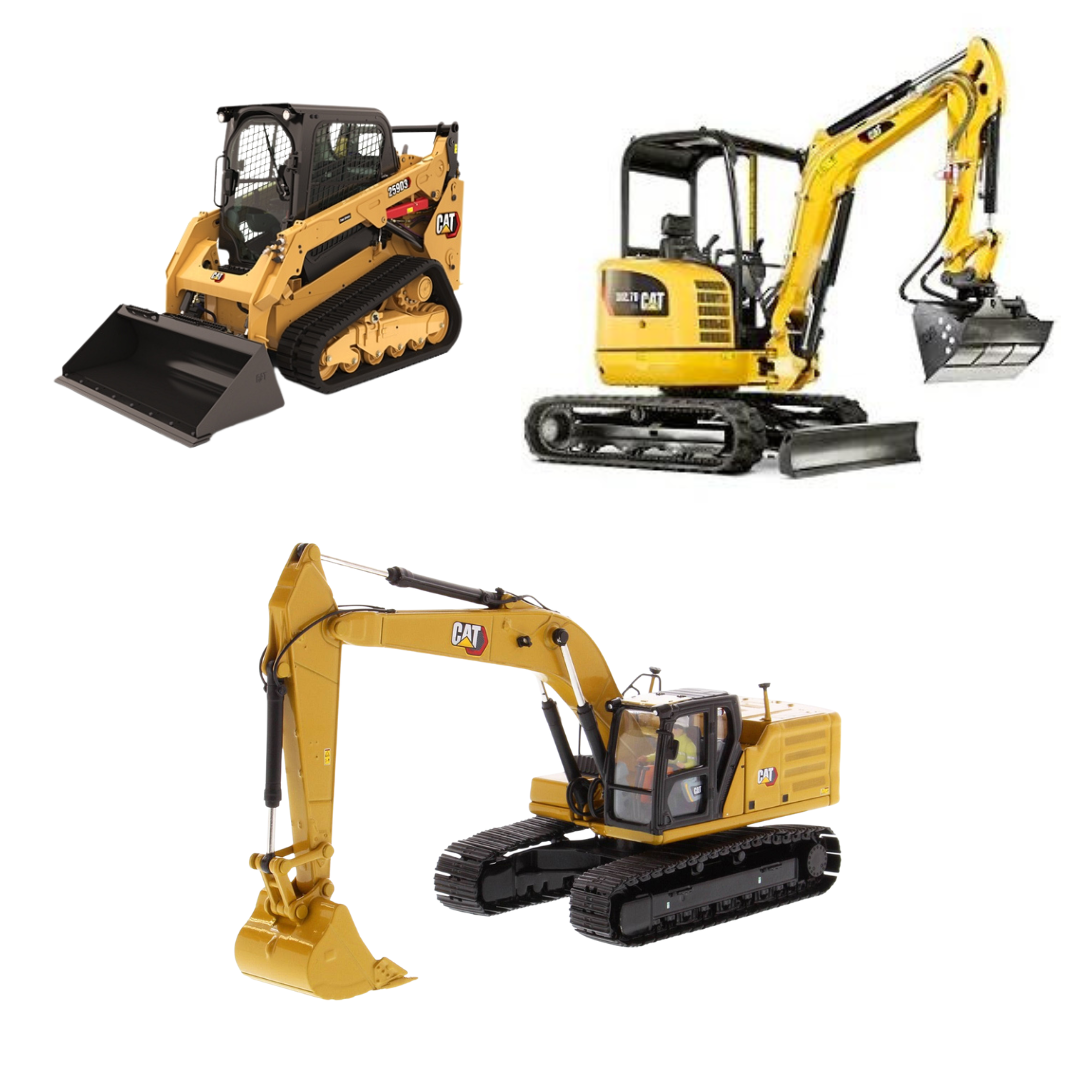Boom Lift Rental: Inexpensive and Reputable Lifts for Any Type Of Task
Boom Lift Rental: Inexpensive and Reputable Lifts for Any Type Of Task
Blog Article
Maximize Your Spending Plan by Recognizing the Costs Connected With Building Equipment Services
Recognizing the full scope of costs connected with building tools rentals is essential for optimizing your budget plan. What strategies can be employed to successfully handle these prices and make sure a much more effective rental experience?
Overview of Rental Costs
When thinking about building and construction devices leasings, recognizing the linked costs is paramount for efficient budgeting and job planning. Rental prices can differ considerably based on a number of aspects, consisting of equipment kind, duration of service, and area. The initial rental cost often reflects the devices's market need and its connected operational capabilities, affecting the total expenditure.
Along with the base rental price, secondary expenses may emerge, such as transport charges, gas additional charges, and maintenance fees. It is important to account for these extra expenditures to precisely evaluate the complete cost of renting out equipment. Additionally, the rental duration can influence prices; longer leasings might certify for reduced prices, while short-term leasings could incur higher day-to-day costs.

Break Down of Rental Rates
An extensive understanding of rental rates is vital for service providers and job managers aiming to enhance their spending plans. Rental rates for building and construction tools typically are composed of several parts, including base rates, time-based charges, and use costs.
Base rates are the core charges associated with the service of the equipment, frequently figured out by the type and size of the equipment. These rates can vary significantly, affected by factors such as equipment demand, availability, and local market patterns. Time-based fees, which may be daily, weekly, or monthly, offer to fit various project timelines and rental durations.
Furthermore, rental rates might consist of usage costs, which apply when devices is utilized past a specified limit, making certain that the rental business can account for damage. Seasonal need fluctuations can additionally influence rental rates, with peak building periods generally commanding higher rates.
Additionally, comprehending the rental firm's plans concerning maintenance and insurance policy can provide additional insight right into the total expense structure. By evaluating these elements, service providers can make educated decisions, guaranteeing the option of rental devices straightens with both task needs and budget plan restrictions.
Extra Costs to Think About
Comprehending the complexities of additional fees is important for professionals to manage their overall leasing expenses effectively. Past the typical rental rates, various auxiliary costs can significantly influence the total price of equipment rental. These charges usually include shipment and pickup costs, which can vary based upon range and logistics associated with transferring the equipment to and from the job website.
Additionally, some rental firms may impose fuel surcharges if the devices is returned with much less gas than when rented out. It is also necessary to recognize potential cleansing fees, particularly for specific equipment that requires complete maintenance after use.

Thoroughly reviewing the rental arrangement and clarifying these additional charges ahead of time can assist professionals guarantee and avoid unanticipated prices that spending plans continue to be undamaged throughout the job lifecycle.
Upkeep and Repair Work Costs
Regular maintenance and repair work expenses are usually ignored aspects that can substantially influence the general expense of building and construction equipment rentals. When renting out devices, it is critical to think about not only the rental charges but also the potential costs related to maintaining the equipment in ideal operating condition.
Many rental companies include standard upkeep as part of the rental agreement; nonetheless, a lot more substantial repair work or unanticipated malfunctions can result in added expenditures. It's vital to assess the rental agreement very carefully to comprehend what upkeep solutions are covered and what obligations fall on the renter.
In addition, tools that is not properly maintained can result in ineffectiveness at work site, possibly triggering delays and raising job costs. To mitigate these risks, it is advisable to conduct routine assessments and keep open interaction with the rental supplier concerning any type of concerns that occur throughout use.
Insurance Policy and Responsibility Costs
Insurance coverage and responsibility prices are critical components that can dramatically impact the overall cost of building devices services (dozer rental). These expenses make sure that both the rental company and the customer are protected from prospective monetary losses occurring from crashes, damages, or theft throughout the rental duration

Furthermore, clients should know any deductibles or exclusions in the insurance coverage, as these can influence prospective out-of-pocket costs. Recognizing the conditions of any insurance policy coverage is vital to stay clear of unforeseen prices. Eventually, budgeting for insurance and responsibility expenditures can help guarantee a smoother rental experience and protect against monetary risks related to building tasks.
Verdict
In final thought, a detailed understanding of the costs connected with construction equipment my explanation services is essential for effective budget plan administration. Eventually, educated decision-making pertaining to equipment leasings contributes to the general success of construction ventures.
Rental expenses this contact form can vary dramatically based on numerous elements, including devices type, duration of rental, and place (equipment rental company). The rental period can influence prices; longer leasings may certify for affordable rates, while temporary rentals could sustain greater daily fees
By conducting comprehensive research and involving with reliable rental business, service providers can properly browse the complexities of rental rates, inevitably maximizing their economic resources.
Past the standard rental prices, numerous supplementary charges can considerably affect the total cost of devices rental. Rental companies often offer liability insurance policy that covers injuries to third events or damages to residential or commercial property, while equipment damages insurance can cover the price of repairs or replacement if the leased tools is harmed.
Report this page